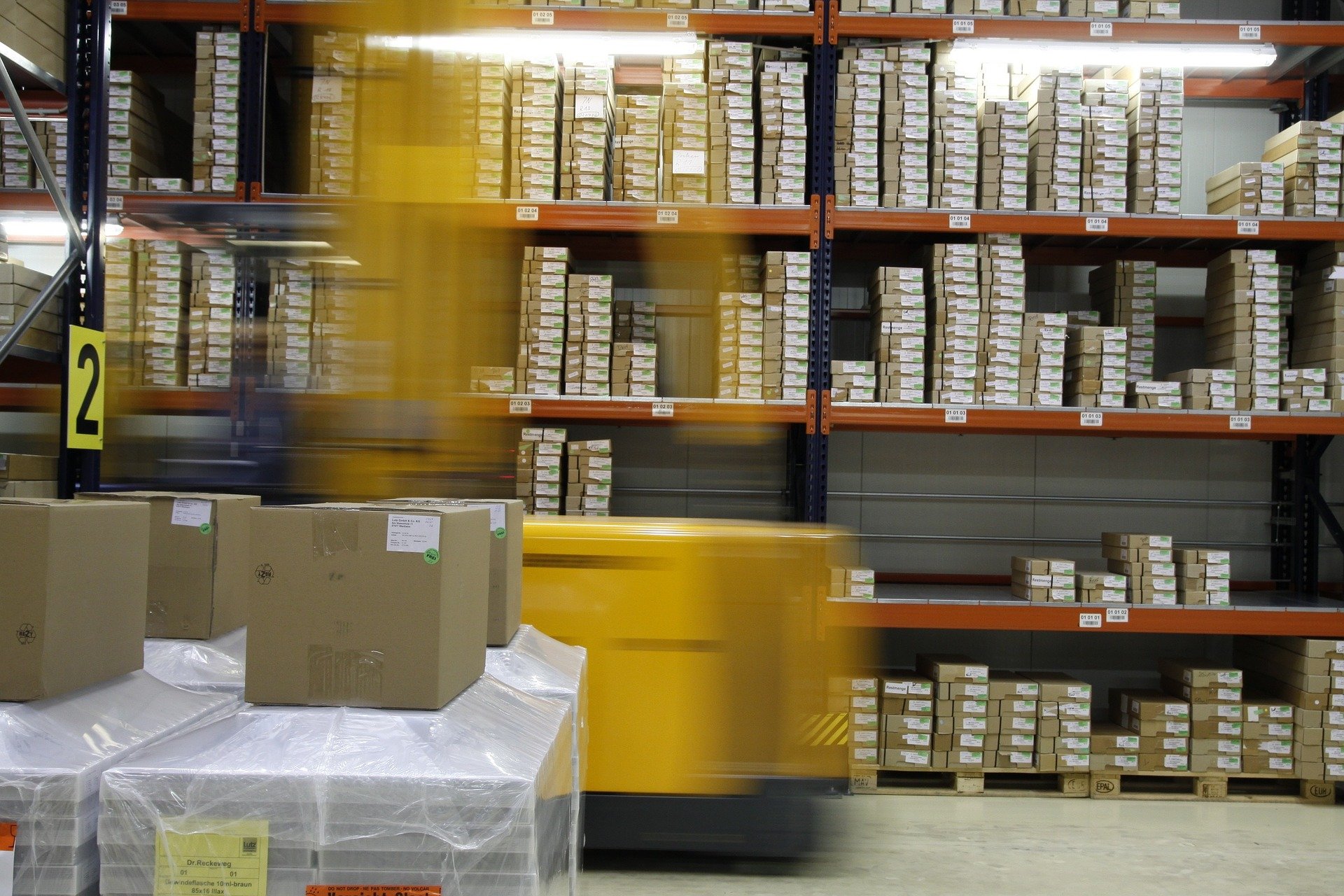Despite the pandemic and Brexit, 2021 isn’t a bad time to start a business. Ecommerce in the UK grew by 34.7% in 2020, giving it a 30% share of total sales. With more people shopping online, startups and SMEs have greater access than ever before to new customer bases. And with the ever-evolving tech landscape, the means for targeted marketing grows every day. But regardless of what you’re doing – buying, selling, manufacturing – if you’re working with physical products, logistics needs must play an integral part of your operational planning. And it’s an area open to error when you first start out.
If poorly managed, freight can throw up no end of problems for small businesses. Especially when you’re transporting goods overseas. Costs can be unnecessarily huge. Stress levels, similar. Made worse by the knowledge that a poorly served customer will never come back. Understanding the difficulties, we’ve put together a few quick tips to help smooth your logistical journey.
Five Things to Think About When Planning Logistics for SMEs
1. Get it right first time
The best way to avoid loss and damage to your reputation is to avoid the many potential logistics pitfalls. This means taking your time, doing your research, and finding the best possible freighting solution for your business before you make any supply commitments. Talking to other SMEs and startups in your area can help with this. A mentor might be able to help too. But If in doubt, call your local logistics providers. They should be happy to answer any relevant questions you might have, clarify any terminology, and assist you to find the right freighting service for your business.
2. Look into different freighting options
The chances are, if you’re an SME, you’re not going to be needing to ship truck or container loads of goods at a time. Particularly not when you’re starting up. Understanding the different freight options, can be enormously beneficial here. If you’re not dealing with perishables, there are a number of options open to you.
- Rather than booking a full load, or sending a series of small packets via the established postal service, groupage is a smart way to save money. It’s basically the option of grouping your goods together with other compatible merchants. And if you work with a good freight forwarder (like Plexus!), they’ll do all the organisational work for you.
- If you’re dealing with larger consignments, multi-modal freight also presents a viable option. It can take a bit longer as goods are transported via various transport modes, but they still arrive in a timely fashion and perfect condition. And again, your freight forwarder will take care of the organisational logistics.
- Sea freight typically offers a cheaper solution than road or air.
- And don’t forget, if you’re purchasing from one non-UK country and transporting to another, there’s no reason why you have to bring the goods home between destinations. Cross-trade shipping gets your goods from A to C without any thoughts of B. It’s faster, cheaper, and easier.
3. Find the right freighter
There are many hundreds of freighters out there in the UK. And each one will suit a different audience. Some are cheap and cheerful, but do the bare minimum. Others might seem exorbitant on the surface level, but then provide a service beyond expectation. Most sit between the two extremes. Find a freighter than has a good reputation for service and security. Find out if they work in the areas you’re intending to deal with. And then, find out what they can do for your budget.
4. Don’t forget to factor in taxes and duties
This can be a complex area to deal with. And it’s become even more complicated in the light of Brexit. So, it’s a really good idea to find out everything you need to know about relevant duty and tax for your products and your destinations before you start. It’s also a good idea to find out if your freight forwarder can help with this too.
5. Prepare your goods properly
One of the biggest causes of loss in business is poor product preparation. Inappropriately packaged goods cannot hope to reach their destination intact. So, get to know the dos and don’ts of pallet shipping, and don’t be tempted to cut corners. Because, believe us, it never pays off!
Logistics is an integral part of many SMEs. Getting your logistics solution right can improve service, increase agility, enhance resilience, and reduce overheads. Finding that solution isn’t always easy. But it is always worth putting in the time to get things right from the off, to avoid potential losses and frustrations further down the line.
If you need support with European freight and logistics, Plexus freight can help. Find out more.


